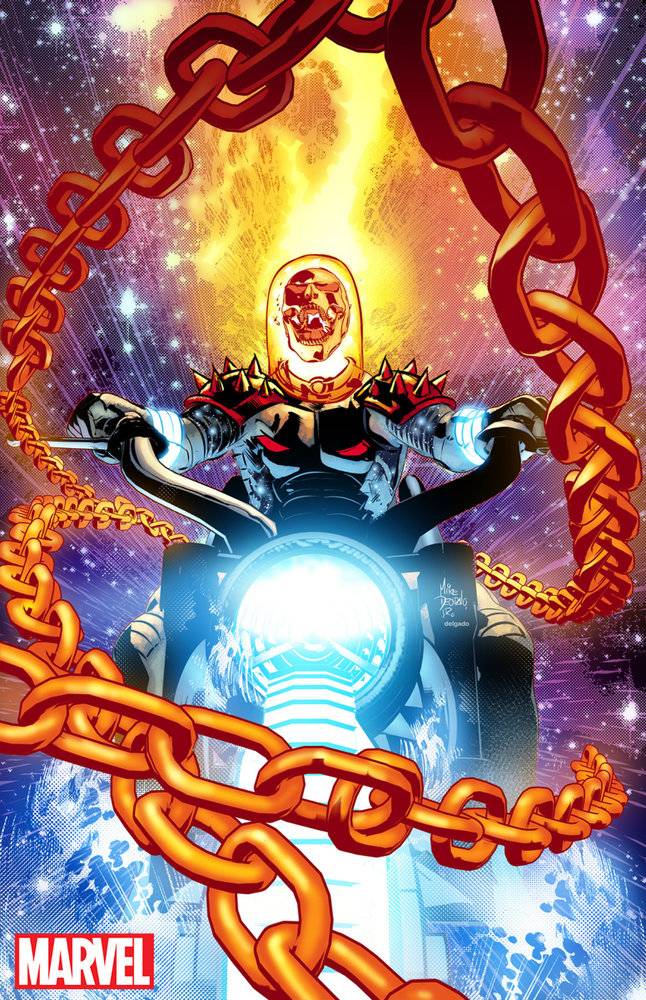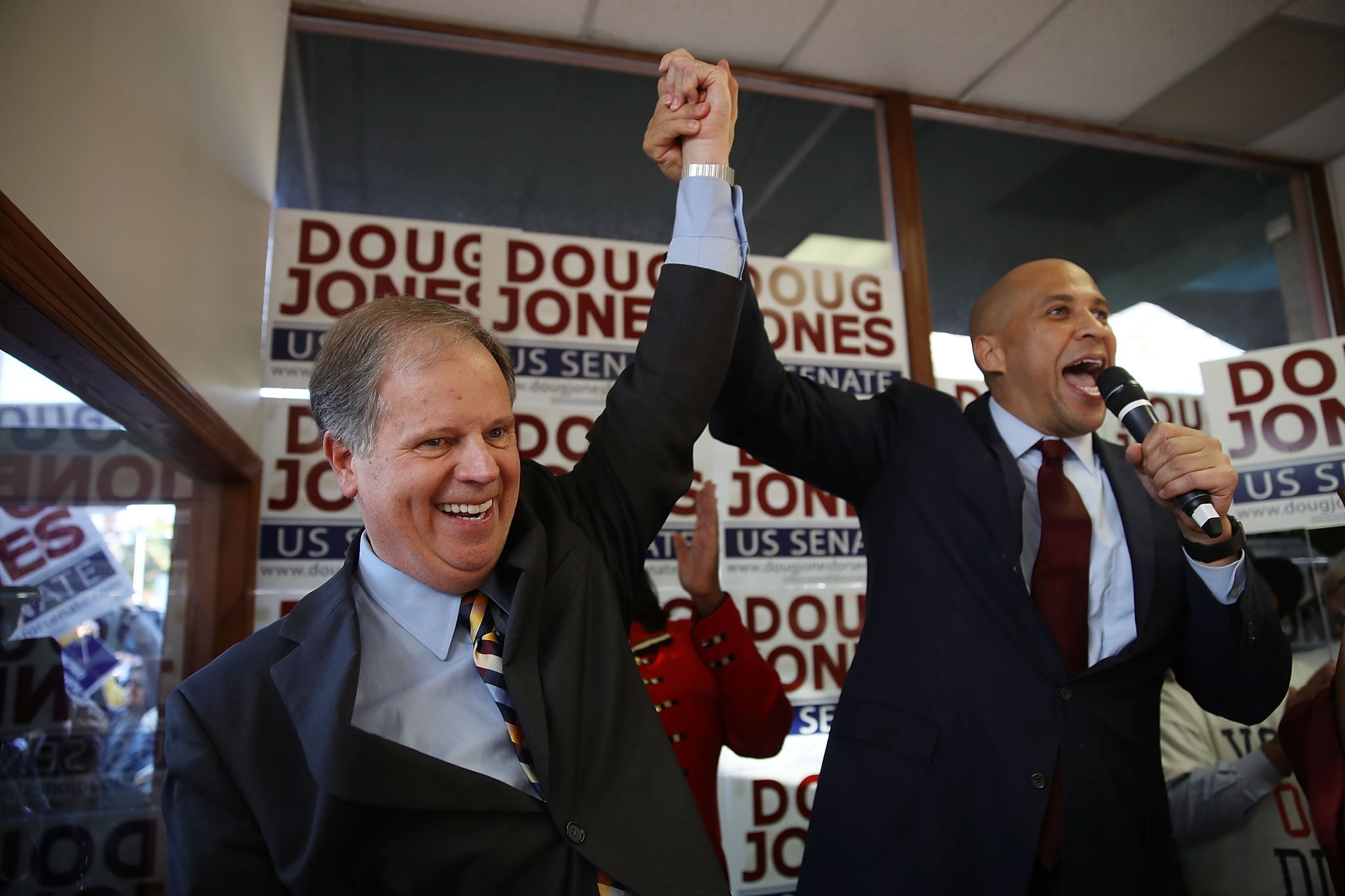Why Democrats Should Go Left, but Not Ditch The Centrists
So, this is going to be a rare political post on this blog. Honestly, this might be the only political post, but I feel like it's something I've wanted to say, but haven't really had the place to say it in a fully fleshed out manner. It surrounds the ongoing (if slowly shrinking) divide within the Democratic Party. On one side, you have the more centrist wing of the party, with the progressive wing that were re-energized by the campaign of Bernie Sanders in 2016. The argument for centrism and moderation is that they can gain more in the center than they would if they took stronger left stances, while progressives argue that Democrats are alienating a solid mass of the voter base by trying to appeal to moderates. After the widespread Democratic defeat that was 2016, it became increasingly clear that Democrats needed to adapt to the times or risk losing again down the road.
And I, for one, believe that this is the case. Democrats should move forward and be bolder, standing for gun control, single-payer healthcare, marijuana legalization, and every other widely popular idea they've rejected for fear of losing on a national level. But a national level isn't the only level the party is competing on, is it? Democrats can always rely on places like New York, California, and most of the northern states as safe states, but they're also competing in the Midwest and the South, famously conservative regions where Democrats have been getting slaughtered in congressional and local elections for decades. So, what's the solution? Go all the way left and amputate the red states, or stay to the center and hope for the best? My answer is, well, a little bit of both.
Democrats should absolutely go harder left, especially on things that are pretty much the norm worldwide, but they should still run ideal candidates for every state. From a purely tactical standpoint, running moderates in the South and progressives in the North and West enables the party to cover the most ground with the voter base, so it makes perfect sense. But, somehow, saying that the party should aim for a little bit of both rather than one or the other is a really unpopular opinion.
Look at the upcoming primary elections in California and the special Senate election in Alabama last year as good examples of optimizing candidates. In California, the Democrats are in the middle of a
brutal primary fight between Dianne Feinstein, the 84-year old moderate incumbent who supported
mass surveillance (going as far as to
deem Edward Snowden a traitor),
the Iraq War, and deemed marijuana
"a gateway drug", and Kevin De Leon, a 51-year old progressive challenger. Now, California is the most liberal state in the country, so whoever won the Democratic party endorsement for the runoff would almost certainly win the runoff election, meaning it should've been easy for the moderates to let the progressives have this one. But guess what: they didn't.
De Leon faced an incredible amount of criticism for challenging Feinstein, and ultimately neither candidate was able to win the Democratic Party endorsement for the run-off, meaning both have a fairly even chance of winning (or losing). It was totally boneheaded for Democrats to not give De Leon the shot, especially given how he much better echoes what California stands for than his opponent. Of course, this is a double-bladed sword, so don't worry centrist readers, I'll be throwing shades at progressives now.
In Alabama, moderate Democrat Doug Jones shocked the country by defeating far-right Republican (and alleged child molester) Roy Moore. The campaign was a tight race, and ultimately came down to
moderate Republican voters (on top of incredibly high black voter turnout) choosing to hold their noses and not vote for a guy that might be a pedophile. So what did a (admittedly small) number of progressive Dems do?
Simple, they got angry Jones wasn't more progressive, with some DSA members going as far as to sit out the election, risking a Moore win. This is despite the fact that moderate conservatives being willing to vote for him is a major reason for his victory.That kind of "make perfect the enemy of good" thinking is just as dangerous as moderate unwillingness to change with the times.
Ultimately, Democrats shouldn't play a general rulebook, they should be adaptable. Go progressive nationally, and pick and choose locally, and I have a feeling we could be seeing a lot more Dem wins in the future.

/cdn.vox-cdn.com/uploads/chorus_image/image/57817977/Screen_Shot_2017_11_29_at_8.29.28_AM.0.png)













